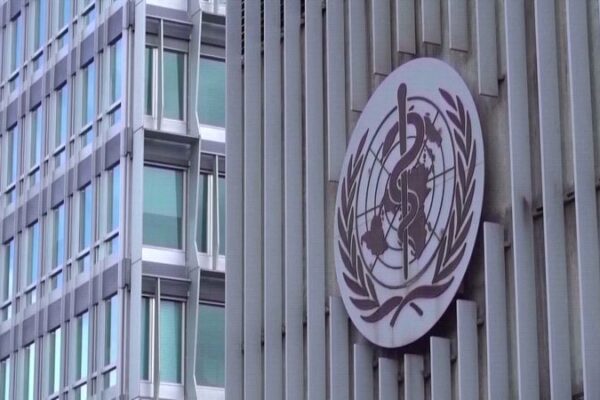
WHO Regrets U.S. Decision to Withdraw, Hopes for Reconsideration
WHO expresses regret over the U.S. decision to withdraw and hopes for reconsideration, stressing the importance of international cooperation in global health.
News & Insights Across Asia

WHO expresses regret over the U.S. decision to withdraw and hopes for reconsideration, stressing the importance of international cooperation in global health.
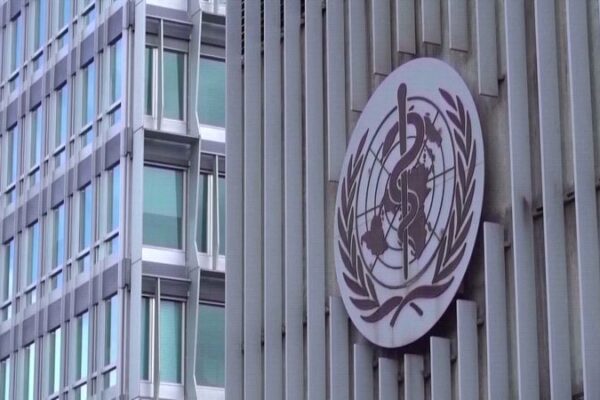
The WHO expresses deep regret over the U.S. decision to withdraw from the organization and hopes for reconsideration to maintain global health cooperation.
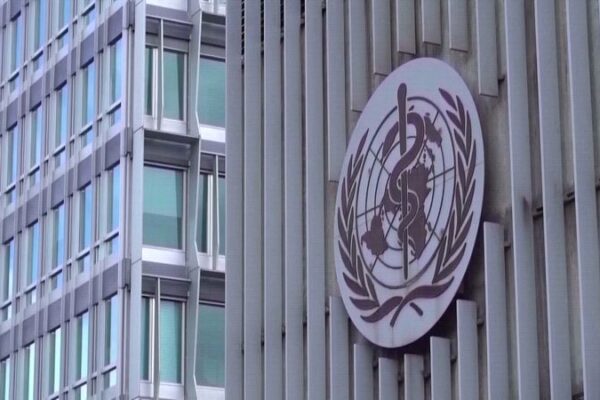
The World Health Organization expressed regret over the U.S. decision to withdraw from the organization and hopes the U.S. government will reconsider, emphasizing the importance of global health collaboration.
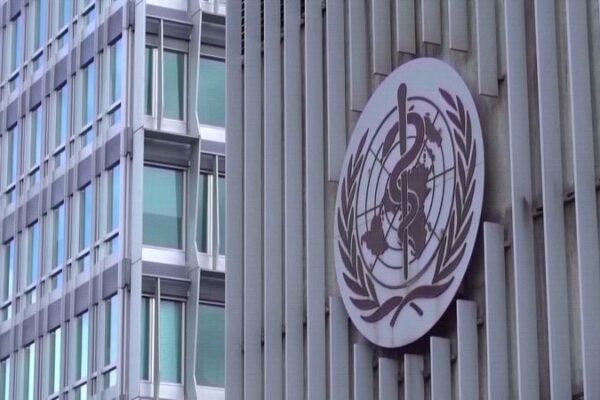
The World Health Organization expresses regret over the United States’ decision to withdraw from the organization, hoping the U.S. will reconsider and emphasizing the need for global health cooperation.
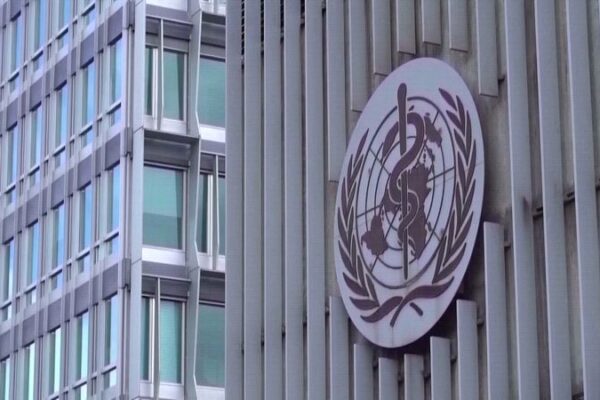
The World Health Organization expresses deep regret over the U.S. decision to withdraw from the organization, urging the U.S. government to reconsider for the sake of global health cooperation.
The World Health Organization expresses regret over the U.S. decision to withdraw from the organization, following President Donald Trump’s announcement, and hopes for reconsideration.

The WHO expresses deep regret over President Trump’s decision to withdraw the U.S. from the organization, urging reconsideration and emphasizing the importance of global health cooperation.
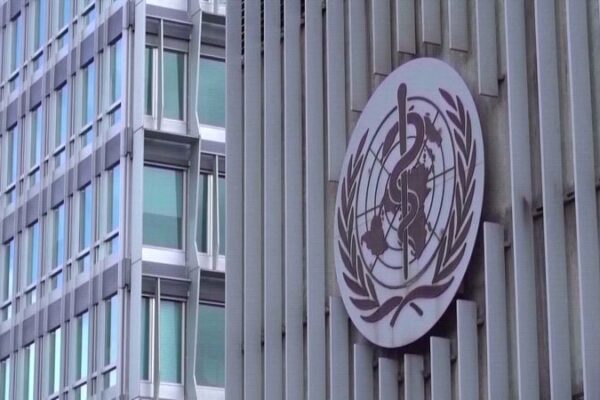
The WHO expresses regret over the U.S. decision to withdraw, hoping for reconsideration and emphasizing continued global health collaboration.

The WHO has expressed regret over the U.S.’s decision to withdraw from the organization and hopes for reconsideration, emphasizing the importance of global unity in addressing health emergencies.
The World Health Organization expresses deep regret over the U.S. decision to withdraw from the organization, urging reconsideration and emphasizing the need for global cooperation in health crises.
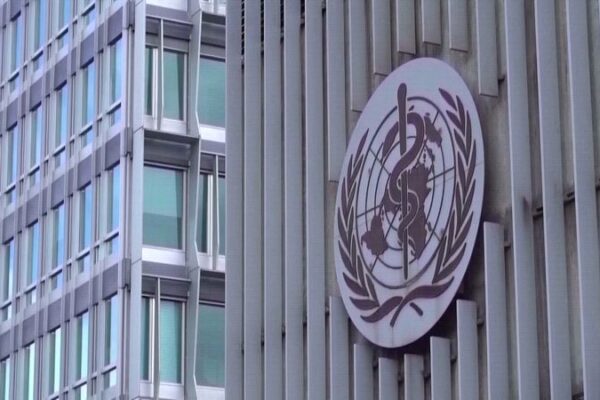
The World Health Organization expresses regret over the U.S. decision to withdraw from the organization, hoping the U.S. government will reconsider to maintain their crucial partnership in global health efforts.

Some foreign media outlets are portraying China’s seasonal viruses as global threats, while similar outbreaks elsewhere receive less attention, revealing a potential double standard.
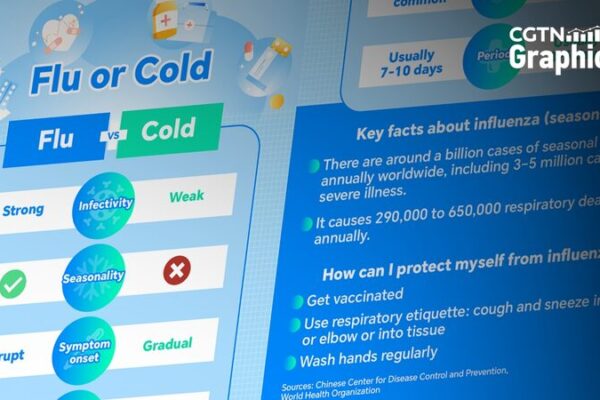
Influenza is an acute respiratory infection affecting 1 billion people worldwide each year. Learn about the impact of this global health concern and the importance of awareness and prevention.
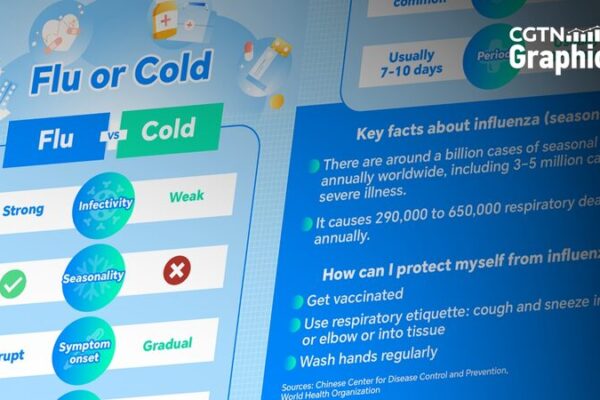
Influenza affects 1 billion people annually worldwide, causing severe illness and deaths. Learn about its global impact and the importance of prevention.
Since initiating its immunization program in 1978, China has transformed from a vaccine recipient to a global contributor, significantly strengthening global immunity and saving millions of lives.

China announces a program to train over 1,300 foreign professionals in Traditional Chinese Medicine over the next three years, aiming to promote international exchange and enhance expertise in the field.
World AIDS Day on December 1 emphasizes the global effort to end the AIDS pandemic by championing the right to health. This year’s theme urges action to address inequalities hindering progress.

Over 500 Chinese and U.S. scientists gathered in Beijing at the Sino-American Forum of Academicians International Health Conference, calling for deeper medical collaboration to tackle global health challenges.
A new study reveals that over 800 million adults worldwide have diabetes, nearly doubling previous estimates, with Asia facing significant challenges in diagnosis and treatment.

WHO approves MVA-BN vaccine, the first-ever mpox vaccine added to its prequalification list, enhancing global access and aiding efforts to control outbreaks.